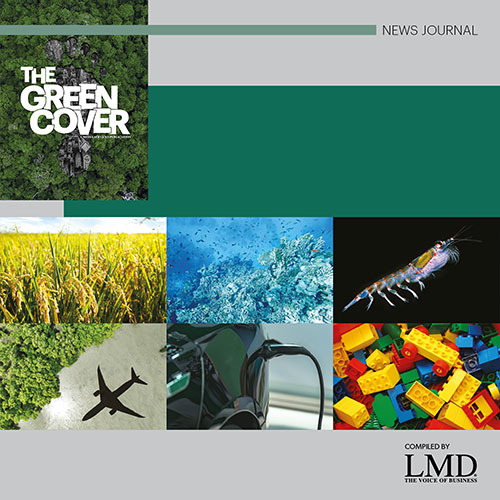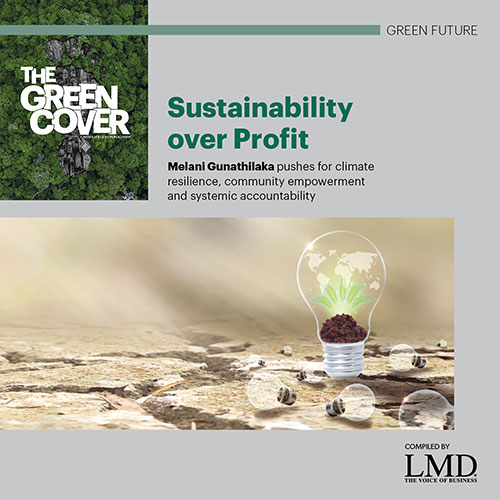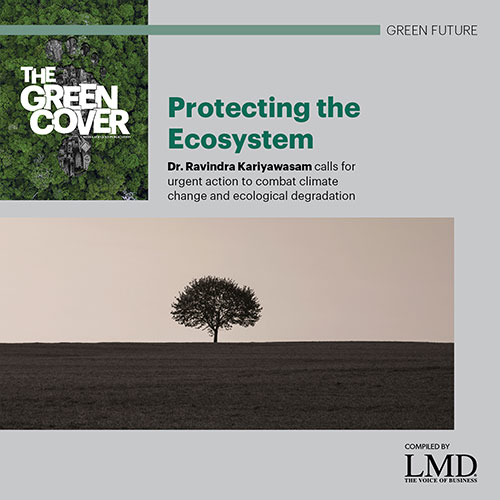CONSERVATION ENDEAVOURS
Integrating Marine Care
Muditha Katuwawala outlines the ocean’s affluence to Sri Lankans and their duty of safeguarding it
The island encompasses a rich biodiverse marine environment upon which most of its communities depend. Yet today, its oceans and coasts face massive conservation challenges that require urgent action and attention.
On these challenges, Coordinator of The Pearl Protectors Muditha Katuwawala emphasises several threats: illegal activities namely fishing with bottom trawlers and dynamite, and sea dredging that causes severe erosion; climate change; pollution due to single use plastics; and unregulated maritime shipping.
To overcome these he calls for awareness and habitual changes: “Coastal communities need to be aware of the importance of protecting and conserving the ocean. There hasn’t been much education, knowledge or awareness surrounding the benefits they can gain from protecting the marine environment.”
“Single use plastic for instance, will break into micro plastics that harm marine animals, corals and the seabed. Later, down the food chain, it can end up affecting our health as well,” he explains.
Touching on the X-Press Pearl disaster, he says “this is one of the largest maritime disasters the world has ever seen because this ship spilled chemicals, oil and toxic fumes.” To battle this, Katuwawala and his team launched Sri Lanka’s largest and longest volunteer campaign called Nurdle Free Lanka. They collected over 1600 kilogrammes of nurdles off the beaches and made a huge effort raising awareness and advocating to protect the ocean.
Katuwawala believes the nation should gear itself towards a blue economy: “It’s essential, especially now. Then much of the country’s GDP percentage could be from sustainable ocean resources i.e. sustainable fishing like aquaculture or mariculture, and energy harvesting from offshore wind, solar or from the ocean’s waves.”
Moreover, this island is home to blue carbon ecosystems primarily seagrass and mangroves, which are among the best carbon sequesters in the world and there is the potential to increase these. An island is surrounded and protected by the sea. More industries could be developed to be linked with the sea. All these resources can be optimised if the blue economy is utilised.
He concludes by urging individuals to explore the oceanic world to “truly feel the ocean’s beauty for only then can we understand its wonder and largesse, and be urged to nourish and protect it. Being ocean conscious is what we need most from Sri Lankans. Be ocean lovers – and share that inspiration – send it rippling down to the rest of the islanders.”
“Being ocean conscious is what we need most…Be ocean lovers – and share that inspiration –send it rippling down to the rest of the islanders








